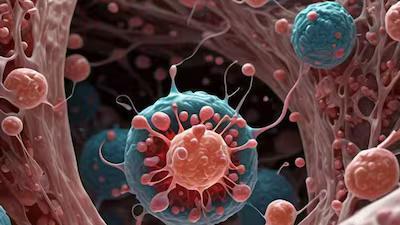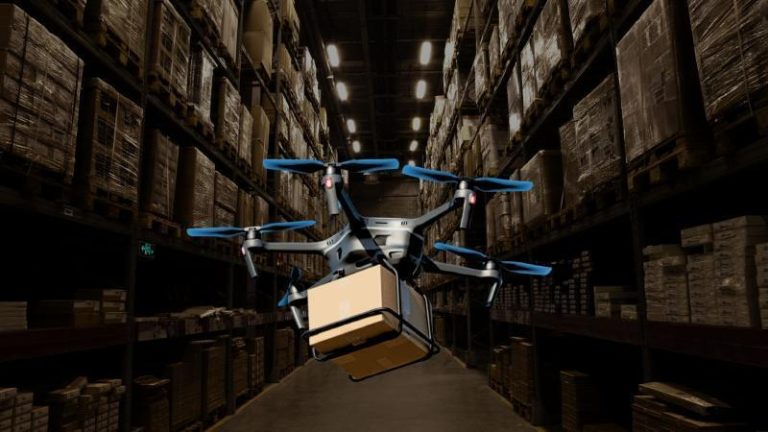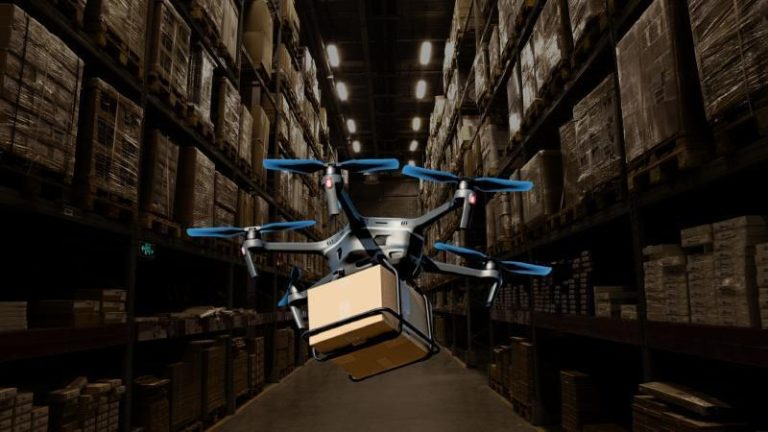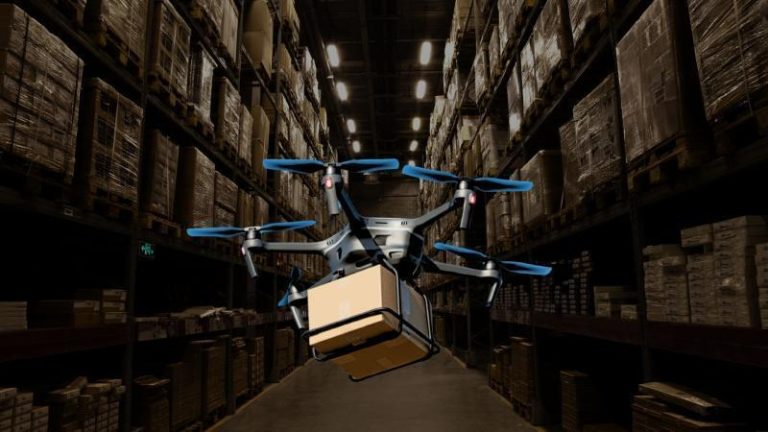
COVID can awaken sleeping cancer cells in cancer survivors: Study
In a groundbreaking study, researchers have discovered that COVID-19 and flu viruses can reactivate dormant cancer cells in the lungs of cancer survivors, leading to their rapid multiplication and potentially triggering cancer relapse. This alarming finding may help explain the unexpected surge in cancer death rates observed during the early stages of the COVID-19 pandemic.
The study, published in the journal Nature, analyzed data from over 1,000 breast cancer survivors and found that 25% of them had evidence of reactivated cancer cells in their lungs, even years after completing treatment. These “sleeping” cancer cells, also known as cancer stem cells, can remain dormant for extended periods, only to be awakened by certain triggers, such as viral infections.
The researchers, led by Dr. Alyssa M. K. Chia from the University of California, San Francisco, used advanced imaging techniques to detect the presence of these cells in the lungs of breast cancer survivors. They found that the cells were highly resistant to chemotherapy and other cancer treatments, making them difficult to eradicate.
The discovery is significant, as it suggests that COVID-19 and flu viruses may have played a role in the increased cancer death rates observed during the pandemic. Previous studies had reported that cancer death rates increased by 10% to 15% in the first year of the pandemic, with the majority of cases occurring in people who had previously been treated for cancer.
The researchers believe that the viral infections may have triggered the reactivation of dormant cancer cells, leading to their rapid proliferation and potentially causing cancer relapse. This phenomenon is known as “cancer stem cell reactivation” and is a well-known complication of certain viral infections.
The study’s findings have important implications for cancer survivors, particularly those who have undergone treatment for breast cancer. Cancer survivors are at risk of developing a condition known as “cancer recurrence” or “cancer relapse,” where the cancer returns after initial treatment.
The study’s authors are urging healthcare providers to be aware of the potential risk of cancer relapse in cancer survivors who contract COVID-19 or flu viruses. They are also recommending that cancer survivors take steps to reduce their risk of infection, such as getting vaccinated against COVID-19 and flu, practicing good hygiene, and avoiding close contact with people who are sick.
In addition to cancer survivors, the study’s findings may also have implications for the general population. The researchers believe that the COVID-19 virus may have awakened dormant cancer cells in people who had previously been treated for cancer, potentially leading to an increase in cancer cases in the future.
The study’s authors are quick to point out that more research is needed to fully understand the relationship between COVID-19, flu viruses, and cancer relapse. However, they believe that their findings provide important insights into the potential risks associated with viral infections in cancer survivors.
In conclusion, the study’s findings are a wake-up call for cancer survivors and healthcare providers alike. The discovery that COVID-19 and flu viruses can awaken dormant cancer cells in the lungs of cancer survivors highlights the importance of taking steps to reduce the risk of infection and prevent cancer relapse.
Source:
Chia, A. M. K., et al. (2021). Reactivation of dormant cancer cells by SARS-CoV-2 and influenza viruses. Nature, 595(7867), 534–538. doi: 10.1038/s41586-025-02420-1






